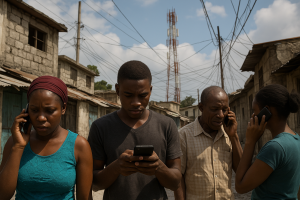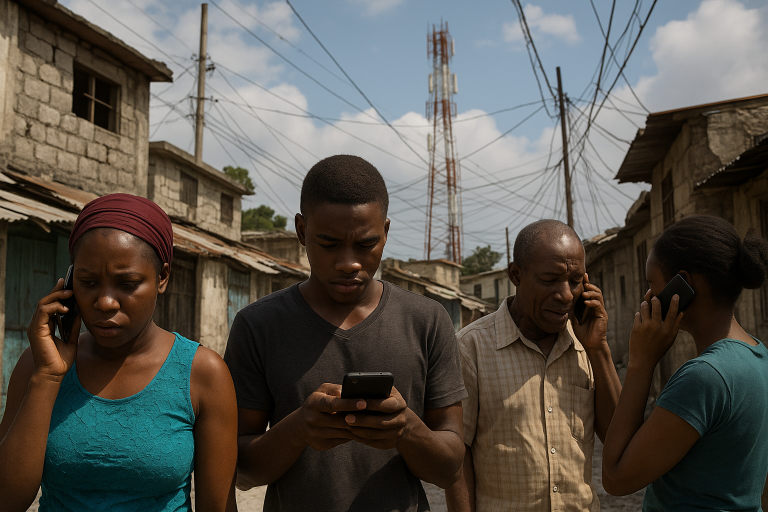In recent years, the world has witnessed a significant increase in the migration of Haitians to various parts of the globe. This mass exodus has been driven by a complex web of factors, ranging from political instability and economic hardship to environmental challenges. In this blog post, we will delve into the compelling reasons why Haitians are migrating and explore the personal stories and broader implications behind this phenomenon.
Political Turmoil and Instability
Endless Political Crises
One of the primary drivers of Haitian migration is the enduring political turmoil that has plagued the nation for decades. Frequent changes in leadership, contested elections, and government corruption have left many Haitians feeling disillusioned and desperate for stability.
Lack of Basic Services
The political instability has had dire consequences for the provision of essential services, including healthcare, education, and infrastructure. A lack of access to these basic necessities has prompted many Haitians to seek a more secure and prosperous life abroad.
Economic Hardships
Persistent Poverty
Haiti is one of the poorest countries in the Western Hemisphere, with a high percentage of its population living below the poverty line. Limited economic opportunities, low wages, and high unemployment rates have pushed many Haitians to seek employment and financial security abroad.
Remittances as Lifelines
For many Haitian families, remittances sent by relatives working overseas constitute a vital source of income. The hope of securing better job opportunities in foreign countries often drives individuals to migrate in the pursuit of brighter economic prospects for themselves and their families back home.
Environmental Challenges
Natural Disasters
Haiti is particularly susceptible to natural disasters, including hurricanes, earthquakes, and flooding. These catastrophes have repeatedly devastated the country’s infrastructure and agriculture, making it even more challenging for Haitians to build stable lives at home.
Climate Change Impact
The effects of climate change, such as rising sea levels and extreme weather events, are exacerbating the environmental challenges faced by Haiti. These changes are displacing communities and contributing to the decision to migrate in search of safer, more sustainable living conditions.
The Perilous Journey
Dangerous Migration Routes
The journey for Haitians seeking to migrate is often perilous. Many undertake long and treacherous routes, facing risks that include human trafficking, violence, and exploitation. These dangers are weighed against the hope of reaching a destination where they can find safety and opportunity.
The Role of Smugglers
Smugglers and human traffickers play a significant role in facilitating Haitian migration, charging exorbitant fees for their services. Desperation often drives migrants to place their trust in these illicit networks, further exposing them to danger and exploitation.
Global Responses and the Way Forward
Humanitarian Concerns
The influx of Haitian migrants has prompted varied responses from countries and international organizations. Humanitarian concerns have led some nations to provide temporary protection and assistance to Haitian refugees and asylum seekers, while others have taken a stricter approach.
A Comprehensive Approach
Addressing the root causes of Haitian migration requires a multifaceted approach. This includes supporting stability and good governance in Haiti, creating economic opportunities, and addressing the impacts of climate change. It also involves fostering international cooperation to ensure the safety and well-being of migrants throughout their journey.
The migration of Haitians reflects the resilience and determination of individuals and families seeking a better life. It is a response to a complex interplay of political, economic, and environmental challenges that continue to shape the nation’s destiny. Understanding why Haitians are migrating is essential for crafting effective policies, fostering international solidarity, and addressing the humanitarian concerns that arise from this global phenomenon. Ultimately, it is a story of hope, courage, and the enduring human spirit in the face of adversity.












Add a comment